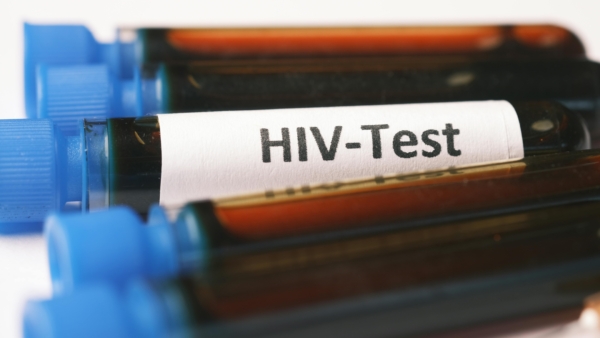Overturn law criminalising deliberate transmission of HIV, say petitioners
Five people living with HIV have petitioned the judiciary to declare unconstitutional a law that makes it illegal to transmit the virus and other sexually transmitted infections.
The petitioners said the law makes it almost criminal for HIV-positive people to marry and for women living with the virus to give birth and raise children.
The petition targets Section 26 of the Sexual Offences Act, which criminalises intentional transmission of HIV even among married couples.
Those found guilty can be jailed a minimum 15 years or for life.
“Thousands of discordant couples and breastfeeding mothers living all over Kenya run the risk of being arrested and charged under this provision if they come forward for HIV testing,” said M.A, the fourth petitioner representing discordant couples.
The petition was filed at the High Court in Nairobi on Monday with the help of the Kenya Legal and Ethical Issues Network on HIV and Aids.
“The key to a successful HIV response and ending Aids is making sure everyone with HIV knows their status and gets on treatment. These laws make that impossible,” the petitioner said.
A growing global consensus amongst experts and institutions such the World Health Organisation and Unaids show that laws criminalising HIV transmission weaken the ability of governments to end the Aids epidemic.
The sexual offences Act section 26 says: “any person who, having actual knowledge that he or she is infected with HIV or any other life threatening sexually transmitted disease intentionally, knowingly and willfully transmits it… is liable upon conviction to imprisonment for a term of not less 15 years but which may be for life.”
Kelin boss Alan Maleche said this is one of the worst HIV criminalization laws in the world.
“This petition will not only safeguard the rights of those living with and affected by HIV and other sexually transmitted infections but also help alleviate the discrimination and stigma they face and help Kenya remain on track in achieving the 2020 UNAIDS Fast Track targets in ending Aids,” he said yesterday.
In 2015, the High Court declared section 24 of the HIV and Aids Prevention and Control Act unconstitutional.
The section also criminalised intentional spread of HIV, instituting a maximum jail-term of seven years with the option of a fine.
Nelson Otwoma, the Director at the National Empowerment Network of People living with HIV/AIDS in Kenya, said HIV criminalization laws are also notorious for abuse and arbitrary enforcement.
“Such abuse will always be targeted at persons living with, vulnerable to or believed to be living with HIV whether or not their actions were culpable and whether or not their actions exposed another to the risk of contracting HIV,” he said.
Published on December 13, 2018 in the Star








